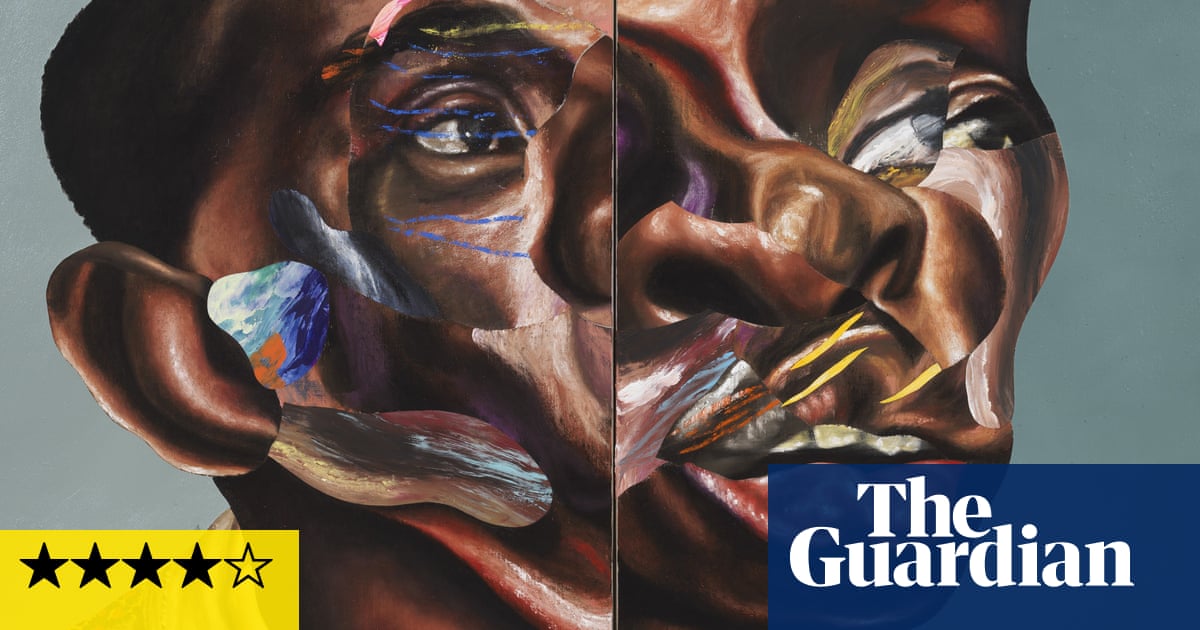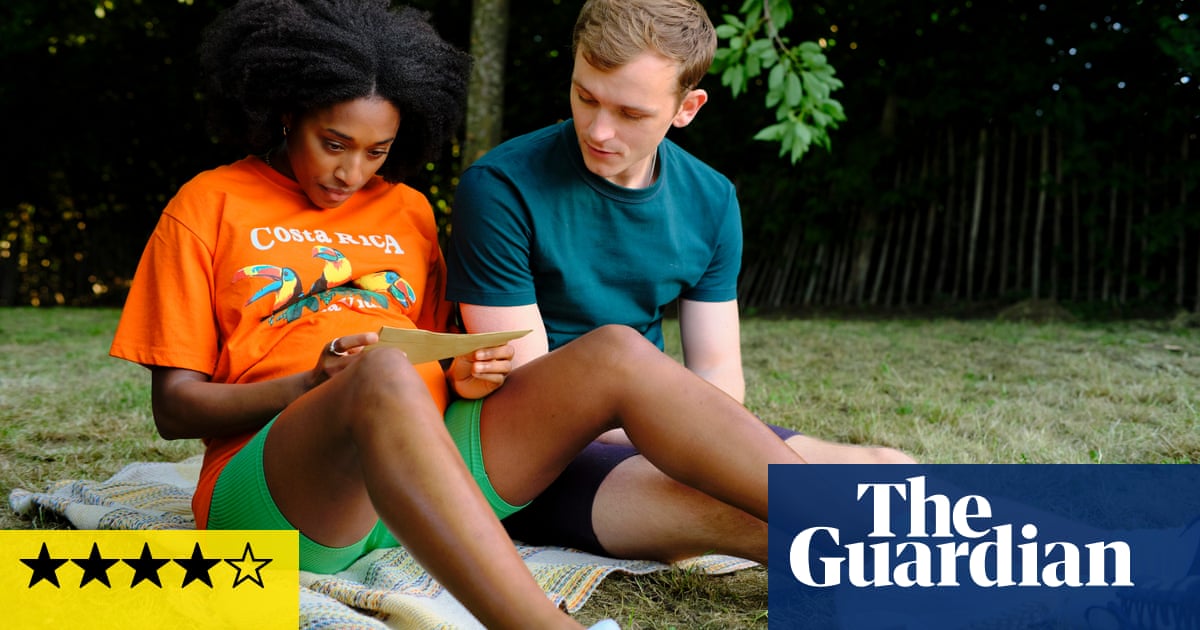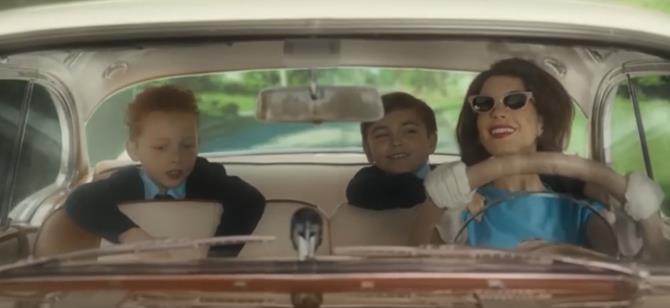
Ignore Netflix’s “season 2” tag, Top Boy has been around for a while. Ronan Bennett’s drama about “shotting” [selling] “food” [drugs] to make “Ps” [money] on a Hackney council estate, aired for two series on Channel 4 between 2011 and 2013, was cancelled, and then revived for Netflix in 2019, by Drake. The Canadian rapper turned Top Boy superfan was so keen to find out what happened next to Dushane (Ashley “Asher D” Walters), Sully (Kane “Kano” Robinson) and their nascent narcotics empire that he signed on as executive producer. It’s understandable. Top Boy has since evolved into much more, but it always was compulsive viewing.
In that third season – or first, by Netflix’s accounting – Top Boy also levelled up. The writing satisfyingly remedied issues over the representation of women and “ghetto” stereotypes, while fresh directors including 2022 Oscar nominees Reinaldo Marcus Green (King Richard) and Aneil Karia (The Long Goodbye) brought a lyricism that the grit-’n’-grey-sky urban thrillers of yore had often lacked. This Covid-delayed follow-up is welcome then, with one reservation: Dushane and Sully are in their mid-30s now – approximately 93 in roadman years – so surely it’s time to hang up their shotting shoes and retire?
It’s a dilemma that any decent drama will encounter if it lasts long enough: logically, characters need to grow up and move on with their lives. But if they do, the show’s dramatic impetus also disappears. This is doubly true in Top Boy, because men like Dushane and Sully derive not just status but identity from their Summerhouse estate “endz”. Stray too far from that place, or from each other, and Top Boy loses its reason to exist.
With this in mind, there are ominous signs in season four’s early episodes. Much of the action takes place in Spain and Morocco, where Dushane is attempting to shore up his supply lines. When he does return, it’s not to Summerhouse, but to the fancy, open-plan apartment he’s acquired for himself and girlfriend Shelley (Simbiatu “Little Simz” Ajikawo). Sully, too, is elsewhere, living in a canal boat where he can brood over past betrayals, interrupted only by a weekly money drop.
So Top Boy seems to be shark-jumping faster than youngers scaling a fence when the feds roll up. Stick with it anyway and by mid-season you’ll be glad you did. Stay in there just to watch Jaq (Jasmine Jobson), Dushane’s shrewd enforcer, who’s rapidly become one of the show’s most interesting characters. Can she open up emotionally to a posh-totty new love interest (Vogue cover model Adwoa Aboah), avenge a homophobic hate crime and effect a complicated reconciliation with her exiled sister, Lauryn (Saffron Hocking)? You’ll stick around, too, for instantly engaging new characters such as tearaway Tia (Conya Toccara) whose impish grin leads Stefan (Araloyin Oshunremi) away from school and into mischief, just like Ats (Keiyon Cook) used to do. And what has become of the mysteriously awol Ats? About once a series, it seems, some sweet urchin must be sacrificed to placate the god of Ps. First Gem, then Jason … now Ats?
Ultimately, we’re all at the mercy of Dushane and his now-you-see-it-now-you-don’t conscience. Even in a cast full of rappers who – impressively – really can act, Kano was a standout last series, making Sully’s expressive face the prism through which Top Boy explored all the inhumanity of Britain’s immigration policy. This series it’s inner-city gentrification and newly minted property developer Dushane who finds himself at odds with the rest of the estate’s residents. He’s unrepentant, as he tells his mum and anyone else who asks: “Summerhouse is a shithole. I’m actually doing everyone a favour.”
Maybe Dushane really is selfish enough to throw his community to the developer wolves, just to facilitate his own escape. Part of Top Boy’s brilliance is that it could go either way. We see characters act with tender kindness in one moment, then ruthless brutality in the next, and none of their deeds – good or bad – cancels out the others. Dushane, Sully, Jamie, Jaq: they’re all ruthless, reprehensible bastards, who you desperately want the best for.
By revealing the emotional, psychological ties that keep people connected to home – “shithole” or otherwise – Top Boy makes its point and resolves that plotting problem about Sully and Dushane’s age in one. Like these forceful, resourceful anti-heroes, the show always comes out on top. And it’s not about to move from that spot any time soon.












